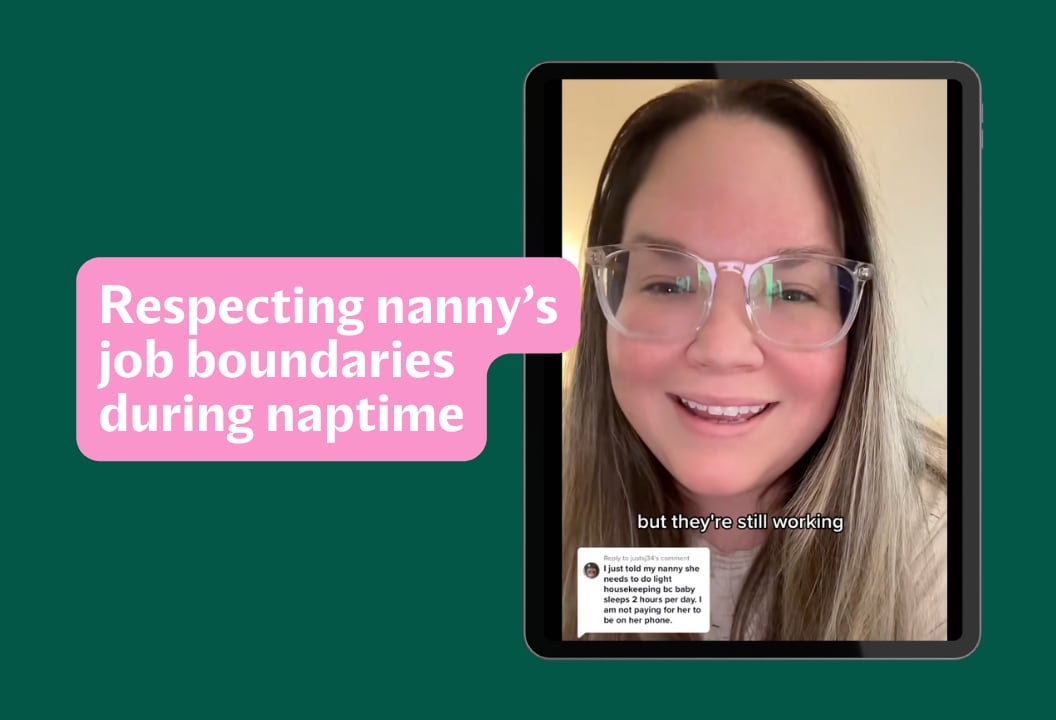Attendance awards are a common part of the public school experience, but a viral tweet has many people rethinking the longstanding tradition. A mom who goes by Chronicparent30 on Twitter recently pointed out how prioritizing perfect attendance at school actually hurts children like her daughter who is excluded from the awards and celebrations because she has a chronic illness.
“All the kids with 100% attendance at my daughter’s school get an Easter egg this week, the mom writes. “The rest don’t. I despise attendance awards. Anyway, today I’m going to go buy my daughter, who’ll never get 100% attendance due to chronic illness, a huge Easter egg.”
The mom’s tweet highlights the inherent flaw with rewarding perfect attendance: It simply isn’t an attainable goal for every child.
While it’s certainly important for kids to be in class, there are a number of circumstances that can make that difficult for some children, and none of those circumstances are the child’s fault. Kids may have a chronic illness or a disability that impacts their ability to always be present in class. Additionally, they could have a parent or caregiver with a chronic illness or disability. Others may have unreliable transportation or difficult family circumstances that impact attendance.
In response to the original tweet, hundreds of people chimed in to give their own perspective on attendance awards and why they’re unfair.
“Attendance prizes penalize kids with chronic illness,” one person writes. “[They] penalize kids who miss school due to household poverty/a parent with mental illness/substance issues; encourage kids to come into school when mildly unwell, which could be the early stages of a serious contagious illness.”
“I remember crying for hours when I didn’t get the prize of a recycled pencil at age 4 because I had four days off for heart surgery,” another person adds. “Four days and I was back the next Monday but still penalized. I’ll never understand this practice. Your daughter deserves the biggest Easter egg.”
Others are pointing out the absurdity of giving out attendance awards during a year in which students have survived a global pandemic, dealt with potential illness or the loss of loved ones and shouldered the total destruction of their normal routines.
“I think that every single child should be given a creme egg and a thank you,” one person writes. “A big massive thank you. For just being here, for coping with what they have had to in their young lives this last year. Whether they’ve been at school one day or everyday.”
Not only do these awards have the potential to make kids feel bad if they can’t achieve perfect attendance, but research shows they can also negatively impact the students who do meet the requirements. A 2019 study examined the impact of attendance awards on 15,239 sixth through 12th grade students in California. Interestingly, researchers found attendance awards frequently have a “demotivating effect” on students.
In the study, kids who were notified they’d be receiving an award for their attendance during previous months ended up missing more school in the following months. In a follow-up analysis, researchers learned many kids who received attendance awards got the impression that they were attending school more often than their peers or that regular attendance was exceptional, rather than being the expectation. As a result, missing class started to seem more acceptable.
School attendance is important, but attendance awards seem to do more harm than good for many students. Attendance isn’t more important than a student’s physical, mental or emotional health, and it certainly isn’t worth making kids feel bad for missing class due to circumstances over which they have no control.
It’s common for working adults to require sick days and personal days. Kids shouldn’t be punished for needing days off, too. Rather than shaming kids who miss class or taking the risk of harming kids’ motivation to come to school, perhaps the focus should be on supporting children’s unique needs and celebrating the accomplishments that have nothing to do with being at their desks 100% of the time.





